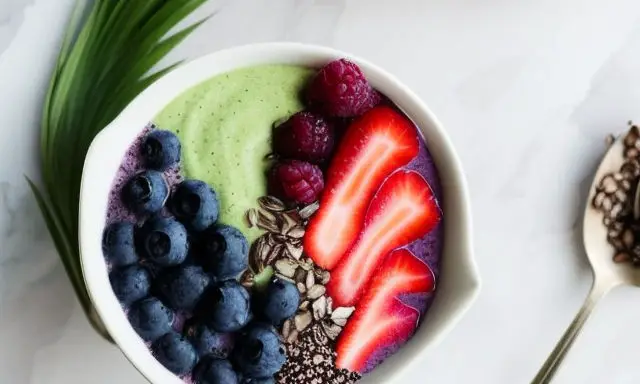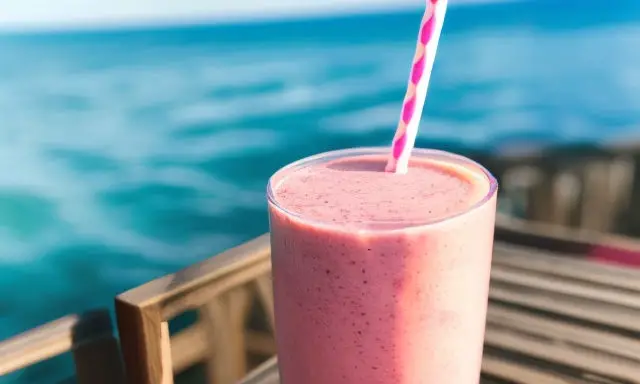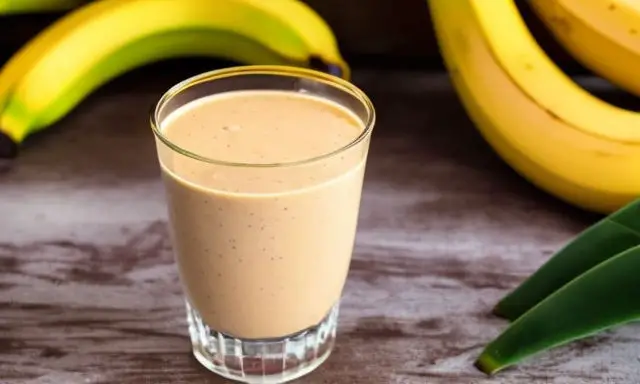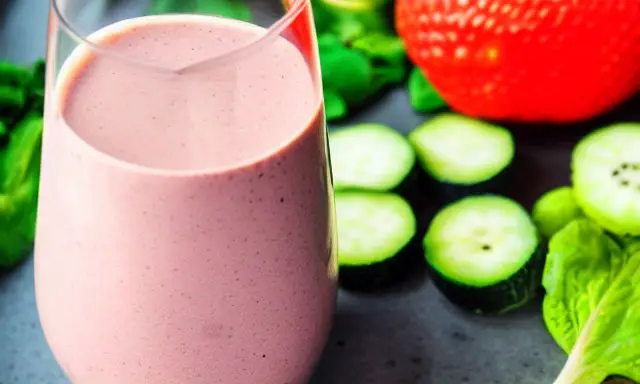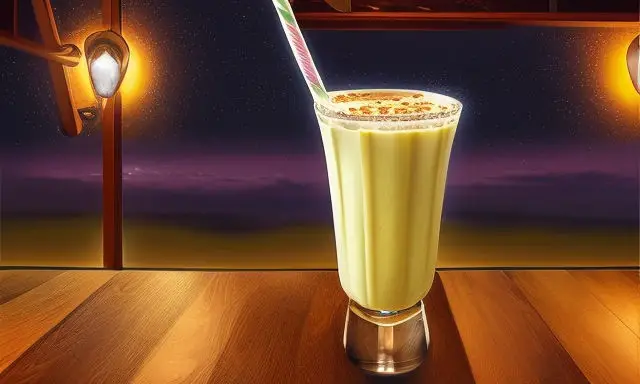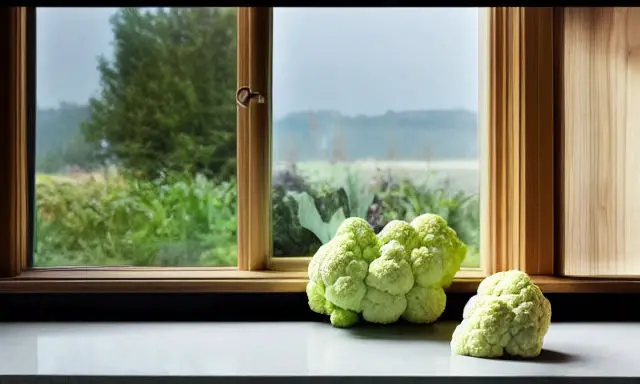Which is Better – A Banana Or A Mango?
When comparing the nutritional value of a banana and a mango, both contain plenty of potassium. However, the banana is better suited for baking. Mangos also have a higher content of Vitamin C and are easier to cut. In addition, both fruit are excellent sources of Vitamin B6 and fiber. Both are good sources of Vitamin C, especially if you like to add them to your smoothies. Read on to discover which is the healthiest fruit to eat every day.
When you purchase through our links, we may earn a commission. As an Amazon Associate I earn from qualifying purchases.

Mango is a good source of vitamin C
You may not realize it, but mangoes are great sources of vitamin C. According to the USDA, a single mango contains up to 122 milligrams of vitamin C. That’s more than oranges contain, which only contain around 80 milligrams of vitamin C. Mangoes are also great sources of vitamin A, which promotes healthy vision and guides cell differentiation. One cup of frozen mangoes contains around 1,785 international units of vitamin A, which is about 60 percent of your daily requirement for men and women.
A recent study conducted by nutrition experts at Texas A&M University showed that mangoes contain large quantities of phytochemicals, which are plant-based compounds with strong antioxidant properties. These compounds may prevent heart disease, cancer, and slow the aging process of cells. Furthermore, a study conducted by scientists at Oklahoma State University found that mice fed mango powder had lower body fat levels and better blood glucose levels than mice that didn’t eat the fruit. The researchers speculated that these effects were caused by the phytochemicals in mangoes and recommended further studies involving human subjects.
Consuming too much raw mango may cause digestive problems and throat itchiness. Some species have higher levels of itchiness and throat pain. Avoid eating ripe mangoes if you’re sensitive to poison ivy. Mango contains a compound called urushiol. People with this allergen may also be allergic to mango. If you have a reaction, call emergency services immediately and avoid eating the fruit’s peel.
The antioxidants in mango have anti-diarrheal activity. These substances may improve the digestion of complex carbohydrates. They may also improve your immune system. One study shows that the addition of mango to a diet in obese mice increased intestinal microflora. This effect is believed to be due to the presence of gallo-tannins, which have anti-inflammatory and antioxidant properties. Consuming mango regularly has other health benefits, but more research is needed to determine these effects.
Mango is high in vitamin C. It also contains folate, vitamin K, vitamin E, and B vitamins. This fruit is low in fat, with only 0.6 grams of fat per cup. The majority of the fat found in mango is mono or polyunsaturated. A small amount of protein is also present. Despite its high sugar content, mangos are a great source of fiber. Fiber may help protect the colon from colon cancer.
A mango contains over a dozen types of polyphenols, which act as antioxidants in the body. They may also boost your immune system. Mango contains over a half cup of mango, which contains seventy percent of your daily vitamin C requirement. It is also an excellent source of fiber and copper. It also has other beneficial properties, such as improving your digestive health and promoting healthy skin. So, if you’re looking for a new fruit to add to your diet, mango is a great option!
It contains more potassium
The potassium content in bananas is 422 milligrams. However, a list of foods with more potassium than a banana is available. Here are the ten food items that are more potent than bananas. You can eat beets raw or cooked, depending on what your preference is. Also, you can have beet greens instead of bananas. These foods can help you meet your daily potassium requirements.
While bananas are the most popular source of potassium in the American diet, there are many other foods rich in this mineral that can provide the same or more of this important nutrient. For instance, baked potatoes can deliver about a thousand milligrams of potassium, making them an excellent choice for those looking for a quick and easy lunch or dinner. Try topping them with non-fat yogurt and green onions for a delicious and healthy side dish.
You may already know that potassium is essential for healthy heart and nervous system function. According to nutritionist and New York Times bestselling author Frances Largeman-Roth, eating foods rich in potassium may decrease your risk of cardiovascular disease. It also helps lower blood pressure and reduces the risk of stroke. However, the amount of potassium you consume daily will vary, so it is important to eat plenty of these foods. In addition to bananas, other fruits and vegetables also contain potassium.
Another great source of potassium is butternut squash, which contains 12% of the daily recommended value in just 205 grams. In addition to bananas, potatoes are starchy root vegetables that are high in potassium. The potassium content in potatoes depends on the soil in which they are grown. Medium potatoes, on the other hand, have 12% of the daily recommended value in potassium. These foods are also rich in fiber, vitamins A and E.
Beets contain more potassium than bananas. Beets, which are the root portion of the beet plant, contain 518 milligrams of potassium per cup. Beets are high in iron, which helps create red blood cells. Add beets to salads and enjoy the taste of beets. Tomato juice is an excellent source of potassium. One cup of tomato juice contains 581 milligrams of potassium, which is more than a banana.
Other fruits with high potassium content include dried apricots, which are an excellent snack alternative. One cup of dried apricots provides 16% of your daily dietary allowance (DV) of potassium. However, you should watch the added sugar content of dried apricots. Another great source of potassium is Swiss chard, also known as silverbeet. Cooked chard contains 20% of the daily DV of potassium, which is higher than the potassium in a banana.
Another food source of potassium is black beans. A half cup of black beans contains 489 milligrams, or about ten percent of the recommended daily intake. Additionally, black beans are high in protein, which is important for muscle building. They are also great for vegetarians, as they are a plant-based protein source. Swiss chard is a green vegetable related to spinach. One cup of boiled Swiss chard contains 961 milligrams, or about 20% of your daily DV for potassium.





